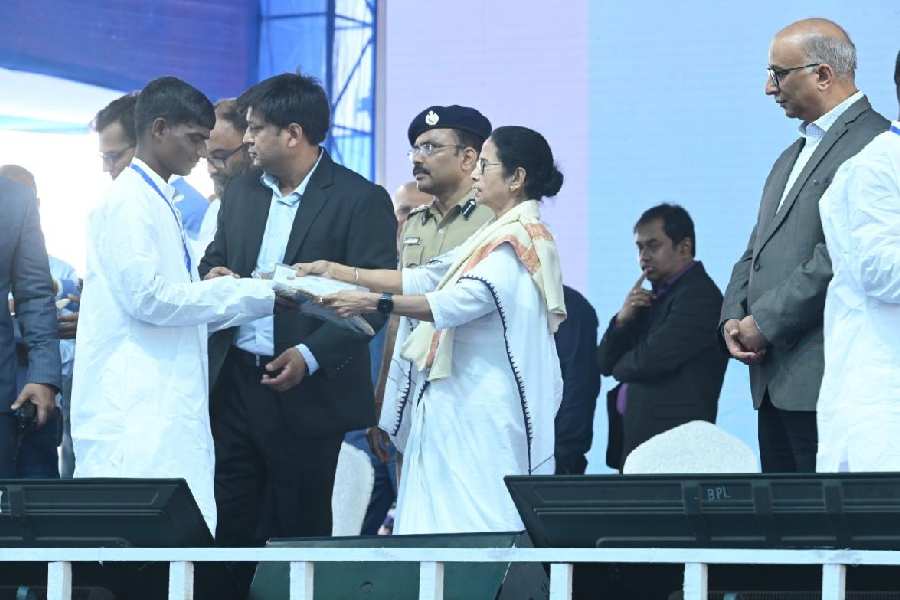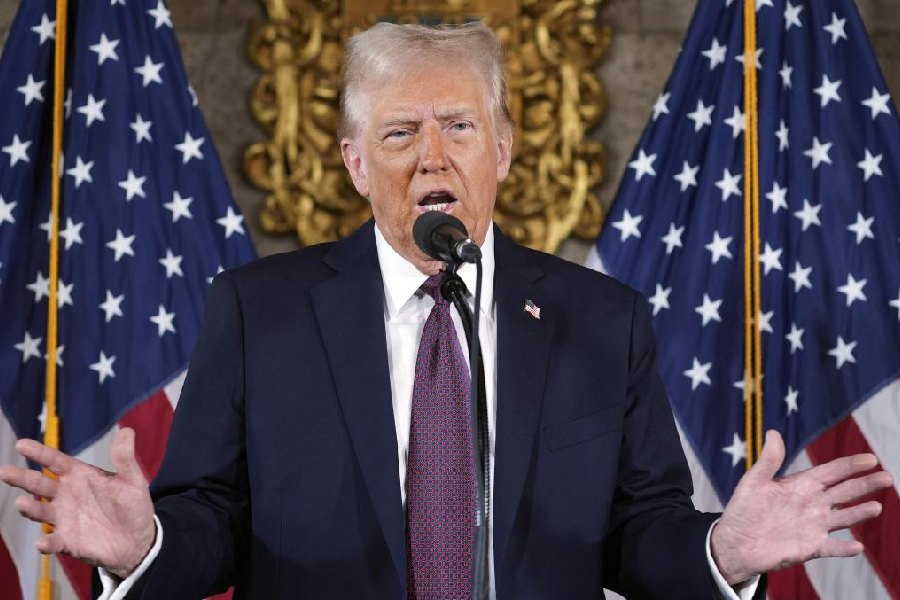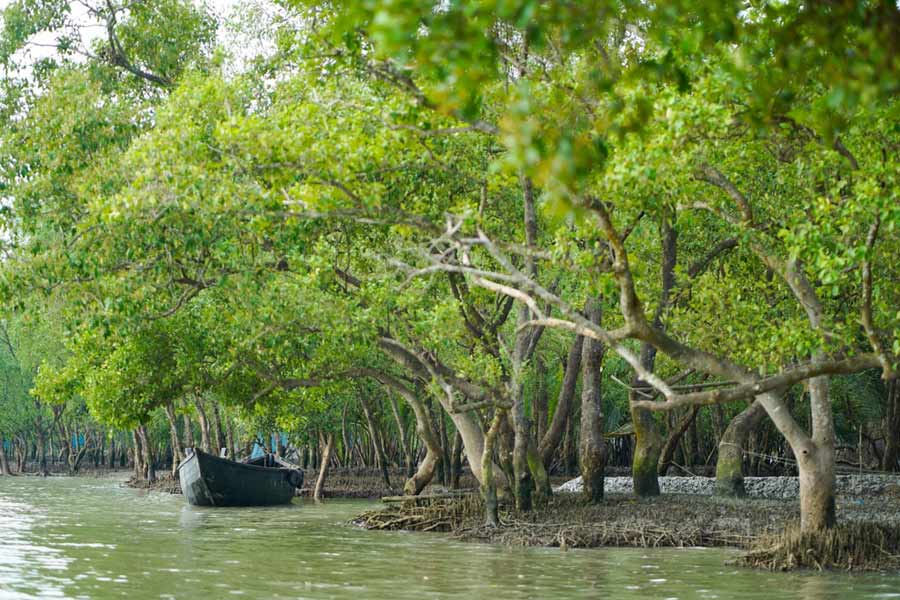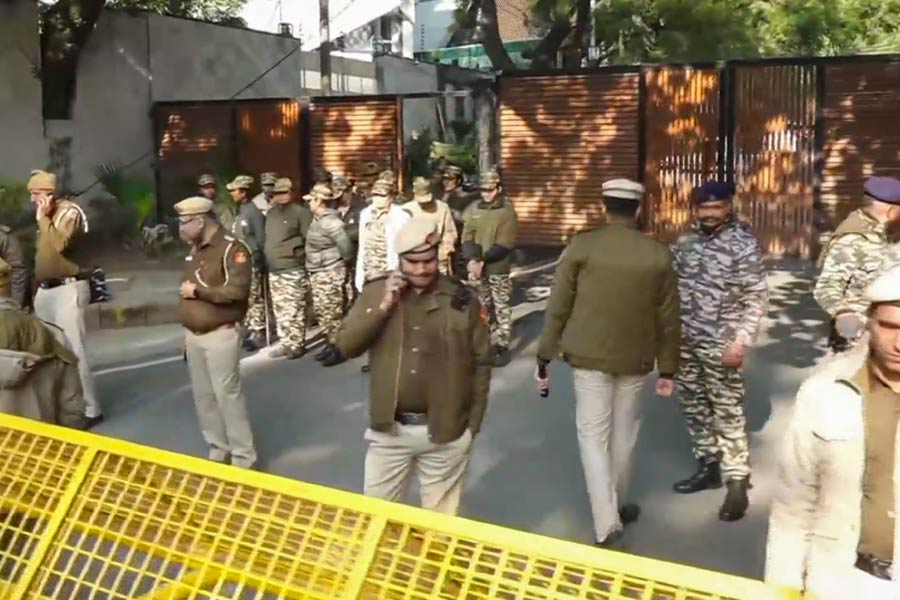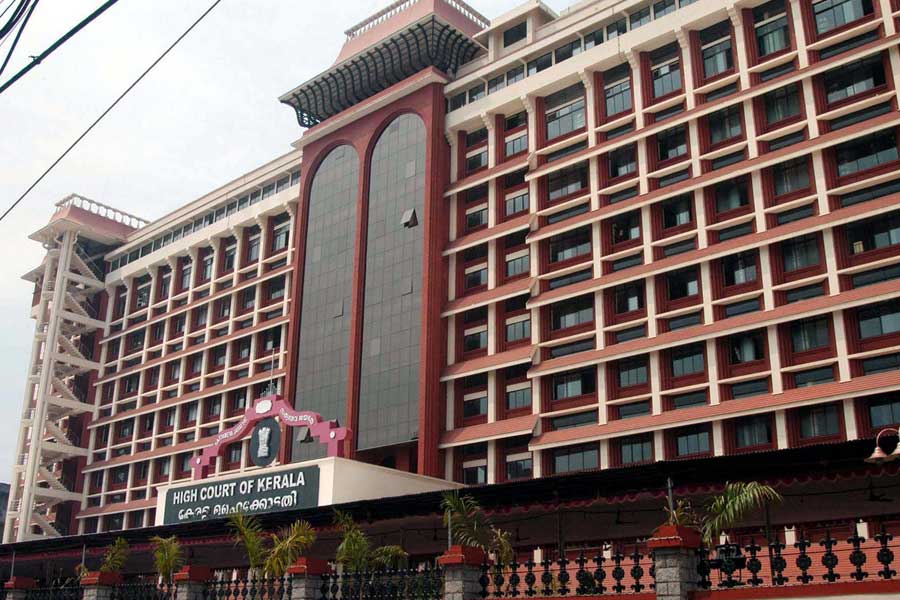"They broke at least four bamboo sticks on us," said Abdul Latif, one of the 95 fishermen who returned to his homeland on Monday.
Latif, a resident of Trilokchandrapur village in Kakdwip, was aboard Abhijit-1, one of six trawlers that were detained by the Bangladesh Coast Guard for crossing the international maritime boundary line (IMBL) and entering the neighbouring country's waters.
In early October, 64 fishermen on four trawlers were arrested in Bagerhat district of Bangladesh. Another 31 fishermen, on two trawlers, were later arrested in Patuakhali district. One more fisherman, who jumped into the Bay of Bengal to avoid arrest, is yet to be found.
According to Latif, once they were detained, the Coast Guard and Navy asked them to kneel and took a bunch of bamboo sticks from their custody. "They inhumanely started beating us. It seemed like the torture was unending, and we all were crying in pain. I got severe injuries in my legs and waist," said the 46-year-old fisherman, complaining that there was no medication for them for 48 hours.
Initially, the fishermen did not reveal the torture they faced in Bangladesh, as many of them claimed they were trying to hide it to avoid causing more pain to their family members.
Latif said that while beating them randomly, the Bangladeshi forces were calling them "thieves" and accusing them of taking fish from Bangladesh's waters. "They were calling us chor (thief). It was too humiliating. They said that they are paid to prevent thieves like us. We felt humiliated," said the fisherman.
Chief minister Mamata Banerjee, who met the fishermen personally, discovered that some of them were limping as they approached her.
"They initially did not want to say anything about the torture. When I saw some of them limping, they informed me that they were badly beaten during their stay in Bangladesh," Mamata told a public meeting.
Afterwards, the fishermen came forward with detailed accounts of how they were brutally beaten.
Since the arrests of the fisherfolk, their associations have claimed that the new regime of Bangladesh had become harsher. They said when Sheikh Hasina was in power, the coastal administration under the regime was lenient toward Bengal's fishermen, usually pushing them back if they "inadvertently" crossed the international maritime boundary, especially while seeking a Hilsa catch. Many fishing boats from Bangladesh also reportedly entered Indian waters regularly to catch different varieties of fish.
After learning about the alleged torture of the fishermen, the leaders of the fishermen's unions claimed that such torture was unprecedented.
"Detention of fishermen for crossing the IMBL is not new; rather, it is usual. But it is very unfortunate that our poor fishermen were beaten by the Bangladeshi forces. We condemn such practices," said Satinath Patra, secretary of the Sundarban Samudrik Matshyajibi Shramik Union, an association of fishermen in South 24-Parganas.
Asit Biswas, another fisherman, echoed Latif's claim that despite informing the authorities that they crossed the IMBL "inadvertently," no one listened to them.
"It was inhumane. They tortured us and beat us badly throughout the night we were detained. Many of us were middle-aged. It was a pathetic experience," said Biswas.
Biswas's son, Abhijit, a law student at a Calcutta college, claimed that his father had complained about severe pain in various parts of his body and that the torture was more humiliating than physical pain.
"He could not speak properly when he was describing how he and his colleagues were inhumanely beaten throughout the night. He still has pain in his body. I didn’t ask him in detail about the torture, as it would remind him of those bad times," said Abhijit.
"I will take my father to a doctor within one or two days to diagnose whether he has any internal injuries," he added.
The fishermen, however, said there was no torture once they were handed over to the police and imprisoned.
"After we were jailed, a doctor examined us and provided painkillers to those who had pain," said one of the fishermen.
Mamata advised the fishermen to stay away from the IMBL to avoid further torture in the neighbouring country.

